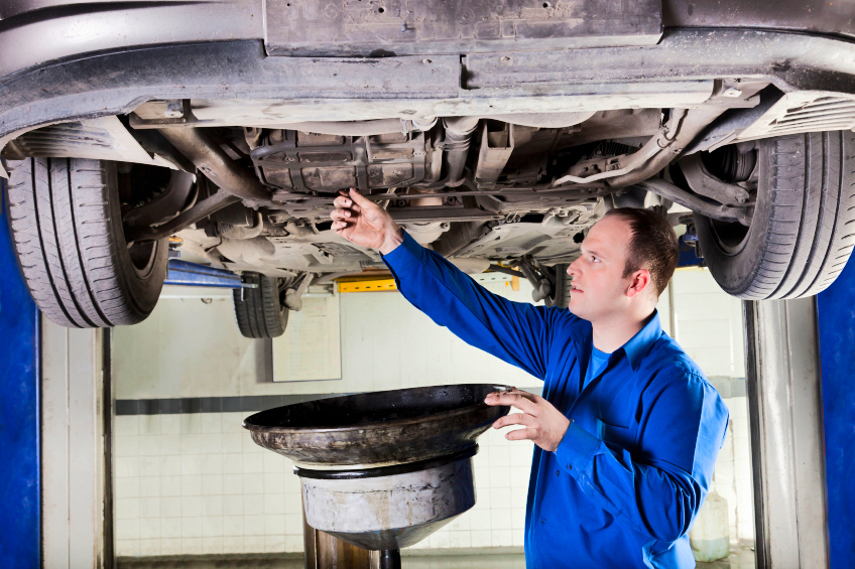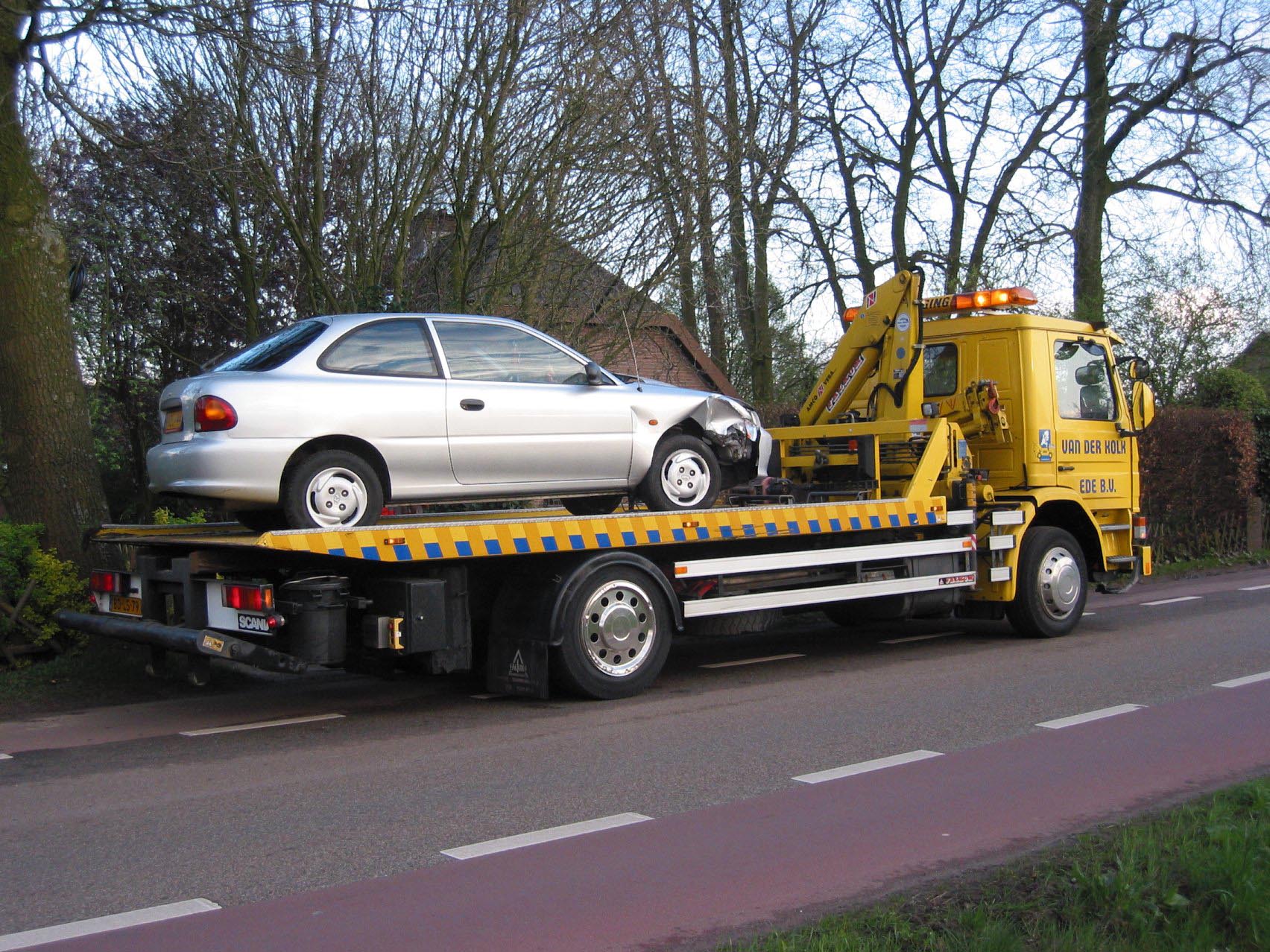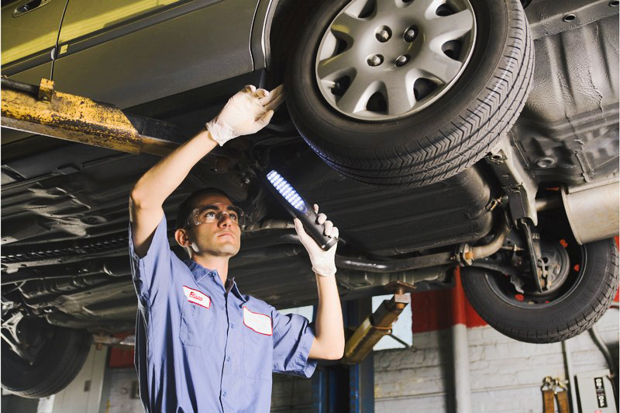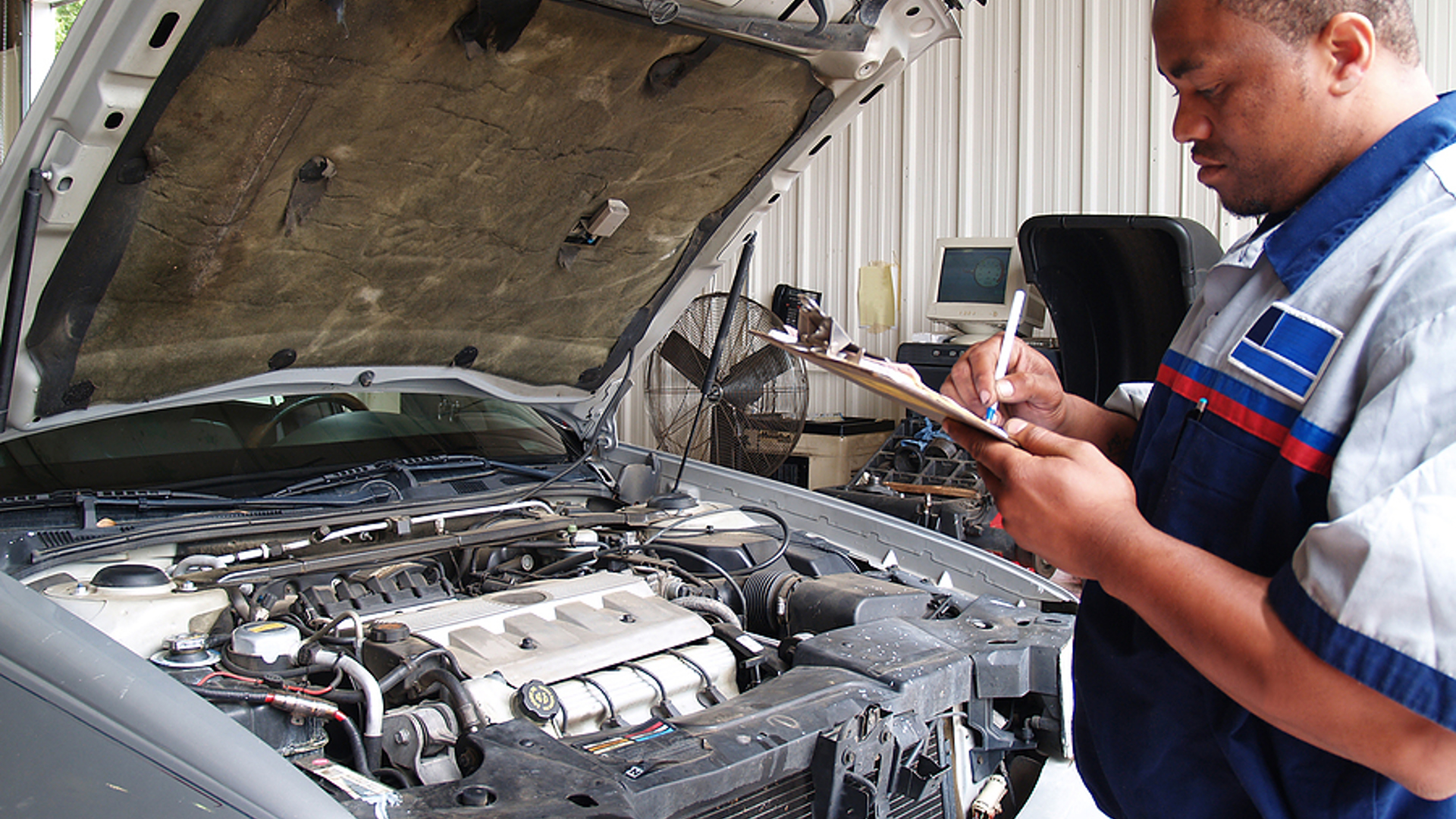One of the primary benefits of buying a new or late model vehicle is having the safety net of a factory warranty to protect you from any unexpected expenses that might crop up as a result of mechanical or material issues. Aftermarket and extended warranties can offer the same benefits, though they usually have a greater number of exclusions in their coverage, and many have a per-occasion deductible.
Regardless of which kind of warranty you have, there are some steps that you can take to minimize the chance that you’ll miss out on having a covered fault dealt with due to running out of time or mileage.
Understand Your Coverage

Not all warranties are created equal; there are variations not only in duration, but in the extent of the coverage too. As the customer, it is your responsibility to read over and understand what is and is not covered, and for how long – and it’s a good idea to do it well before you reach the current industry minimum of 3 years/60,000km, just in case that’s the limitation of yours.
While factory warranties are usually broken into areas of coverage with different time/distance thresholds, aftermarket warranties through third parties other than the automaker itself typically have a specific list or definition of their coverage in the contract, the more basic plans often only covering the failure of internal parts of primary components like engines and transmissions, and then often only up to a specific repair cost limit.
Maintain Your Coverage

It’s pretty simple: maintaining your warranty coverage requires maintaining your vehicle. In short: Warranty rules matter. This doesn’t mean that you have to go to the dealership for all of your services, but you do have to perform regular oil changes – using the correct oil – and maintenance services following (or exceeding) the manufacturer’s guidelines*, and those services must be documented. Failure to prove that you’ve held up your end of the bargain has a really good chance of voiding your car’s warranty, particularly in the event of an oil or maintenance item related failure. It absolutely guarantees no chance of goodwill for a just-out-of-warranty repair.
*Keep in mind that just hitting the local quick lube shop every 5-8K may not satisfy those service requirements.
You Play a Part

You play a major role in ensuring that your vehicle receives the maximum benefit from the warranty coverage that you paid for as part of the purchase price. Unusual noises or behaviour, warning lights, or any leaks or spots where you park should all be investigated prior to the end of your warranty. Excessive oil consumption (most manufacturers have a defined “normal” rate) should also be brought to the attention of the service department, preferably well prior to the end of your coverage. Be sure that any unresolved (“can’t replicate”, “did not experience”) faults or complaints are documented and keep copies, as this may be grounds for repairs of an out of warranty claim later.
If you bought your vehicle new, the automaker should already have your name and contact info should there be any recall notices. Recalls don’t expire like warranties do. All the same, no harm in checking; Transport Canada has a searchable database, as do many of the automakers.
Have It Inspected

Dealerships are paid by the automakers to perform warranty work, so you’d think that they’d be eager to find any little problem, right? Not always. Dealerships are franchises that may also be encouraged or rewarded by their automakers to keep warranty claim levels low, and both dealerships and their technicians are usually paid at a higher hourly rate (and for a greater number of time units) to perform “customer pay” work, offering an additional level of enticement to find and address any concerns after the warranty period has ended.
For this reason, the actual results of having your vehicle in to the dealership for a pre-expiry inspection will vary considerably, because as in life, most people are honest, but not everyone is.
Having a relationship with a trusted service facility can make all the difference, and this can include dealerships, particularly in smaller franchises. Based on my experiences at the several independent garages that I’ve worked for over my 20-plus years in the business, giving a regular customer’s vehicle a solid once-over prior to their warranty expiring is no big deal. It might at most cost a half-hour to an hour’s labour – if it’s already in for an oil change or other maintenance, and you’re not diving deep into the vehicle’s self-diagnostic systems, it might not cost any extra.
If you don’t have a trusted repair shop, having the dealership go over your car is vastly better than doing nothing.
The technician should do a visual inspection for leaks and check for excessive play in steering and suspension components; a brief test drive may reveal any concerns that someone used to the vehicle might overlook. Checking for any pending engine codes and even doing a vehicle-wide diagnostic check isn’t a bad idea, especially in electronics-dense premium models.
There’s no guarantee that an inspection will catch or prevent every possible problem, but it’s sensible to take advantage of the protection that the automaker (or warranty company) provides, protection that you’ve already paid for, one way or another.

